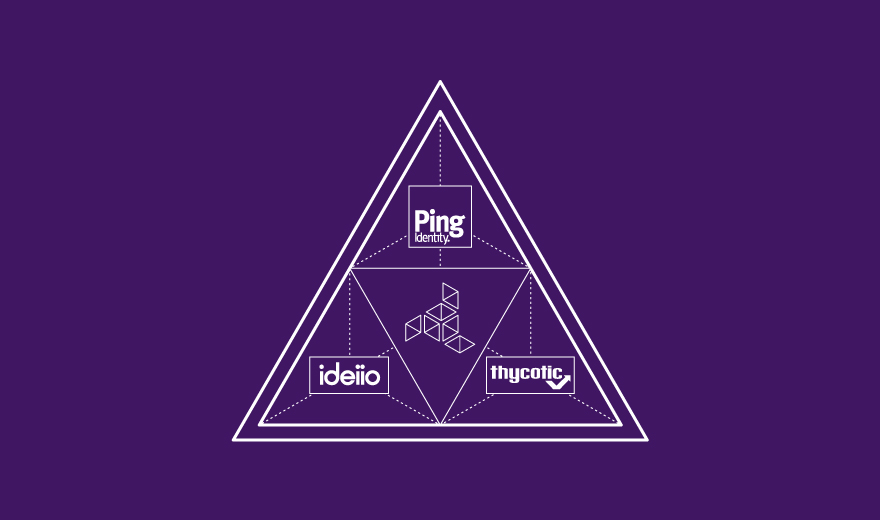Allowing users to login to websites using one of their social networks, such as Facebook, is proven to help all types of organizations attract, understand and engage with their audience.
- 77% of Facebook users would use it for social login.
- 75% of internet users agree that organizations offering social login are more up to date and innovative.
- 84% of internet users would leave a website when they have forgotten login information, but if social login was an option, 72% of these users would stay.
- Websites offering social login show a 33% increase in new registrations.
- Users spend 56% more time on websites offering social login.
This trend has profound implications for the HE sector, with major potential for enhanced engagement ultimately driving revenues.
Consider this; to request a prospectus, most universities require users to complete an online form, yet Gartner estimates that 62% of users will abandon such a process. Compare this to the potential 33% increase in new registrations through social login, and the benefits in terms of harvesting potential new students are clear.
Social login also improves engagement with students, throughout the lifecycle from pre-applicant to alumni. A typical university receives around £1,000,000/annum through alumni donations, so an increase of just 20%, achieved through enhanced engagement through social identities, would represent £200,000/annum additional revenue.
Given these benefits, the question is why would a university not be looking at implementing social login?
Sources: Janrain and Blue – Insights from UK Consumer Research. Gigya – What CMOs should know about Social Login. Ross-CASE Survey Report 2012–13. Gartner – ‘Identity and Access Management Gets Social – Exploiting Social network Identities for Business Advantage’
The above article appeared in the November edition of University Business.
Be the first to hear about news, product updates, and innovation from proofid








